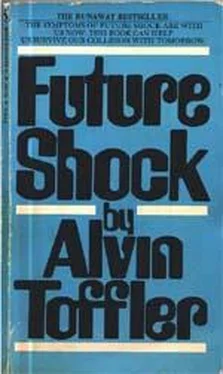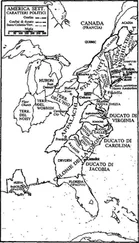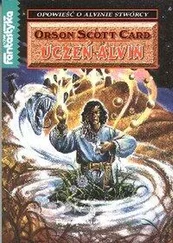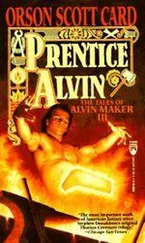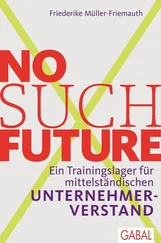Alvin Toffler - Future Shock
Здесь есть возможность читать онлайн «Alvin Toffler - Future Shock» весь текст электронной книги совершенно бесплатно (целиком полную версию без сокращений). В некоторых случаях можно слушать аудио, скачать через торрент в формате fb2 и присутствует краткое содержание. Год выпуска: 1984, ISBN: 1984, Издательство: Bantam, Жанр: Публицистика, на английском языке. Описание произведения, (предисловие) а так же отзывы посетителей доступны на портале библиотеки ЛибКат.
- Название:Future Shock
- Автор:
- Издательство:Bantam
- Жанр:
- Год:1984
- ISBN:0553277375
- Рейтинг книги:4 / 5. Голосов: 1
-
Избранное:Добавить в избранное
- Отзывы:
-
Ваша оценка:
Future Shock: краткое содержание, описание и аннотация
Предлагаем к чтению аннотацию, описание, краткое содержание или предисловие (зависит от того, что написал сам автор книги «Future Shock»). Если вы не нашли необходимую информацию о книге — напишите в комментариях, мы постараемся отыскать её.
While humanity is currently preferring to live in a state of denial about the impending backlash of the mostly human-caused problems facing our present and immediate future, there is a growing accumulation of data never historically available to us before on how to deal with our problems. Will we put this knowledge to use in time?
So what exactly is "Future Shock"? Toffler explains: "We may define future shock as the distress, both physical and psychological, that arises from an overload of the human organism's physical adaptive systems and it's decision-making processes. Put more simply, future shock is the human response to over-stimulation". Overload breakdown! The socio-political, economic and environmental bills are coming due and they WILL be paid, shocking or not!
Toffler sees that our time consuming, stressed-out, hyper-industrial, compulsive consuming society is leaving parents no time for proper child rearing– as if they were qualified for the task in the first place. Un-guided, un-taught, un-disciplined children set themselves and society up for another of the many aspects of future shock with their aberrant behavior expanding as they get older.
"We don't let just anyone perform brain surgery or for that matter, sell stocks and bonds. Even the lowest ranking civil servant is required to pass tests proving competence. Yet we allow virtually anyone, almost without regard for mental or moral qualifications to try his or her hand at raising young human beings, so long as these humans are biological off-spring. Despite the increasing complexity of the task, parenthood remains the *greatest single preserve of the amateur*."
Toffler suggests that society should "professionalize" child rearing and parents should be educated by mandate of society. That along with every other level of society for a literate, more successful society. Guidelines for instituting "appropriate technology" vs. irresponsible, runaway technology are covered. "Utopian" models for society should always be considered as guidelines for future adjustments and upgrades to consider– and think-tanks for that very purpose should be established. This along with "sanctuaries for social imagination"– sounds like ancient Greece, eh?
Ten years after this book was published, Marilyn Ferguson came out with her block-buster book, "The Aquarian Conspiracy". She somewhat took-up where Toffler left off and created a blueprint of where we are and where we should be heading to stave-off the trauma of future shock. She expertly delineates the "Paradigm Shift" or changes needed in our collective thinking and proffers an abundance of guidelines and resources for that objective.
The following year (1981), Duane Elgin comes out with his "Voluntary Simplicity", more guidelines for transitioning to a more harmonious existence. Elgin follows this with another similar book to "Future Shock" and "The Aquarian Conspiracy" with "Awakening Earth" (1993), then followed by "Promise Ahead"– a continuation of the paradigm shift of collective consciousness needed for survival into the future.
To all of these fine books, one should add Theodore Roszak's "The Voice of the Earth" and we then have a small, but potent collection of some of the most instructive and helpful books ever published for the immediate betterment of our existence on Earth. Excellent "How-to" manuals on global change in human perception of reality.
